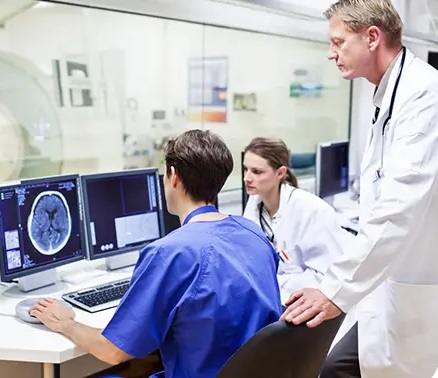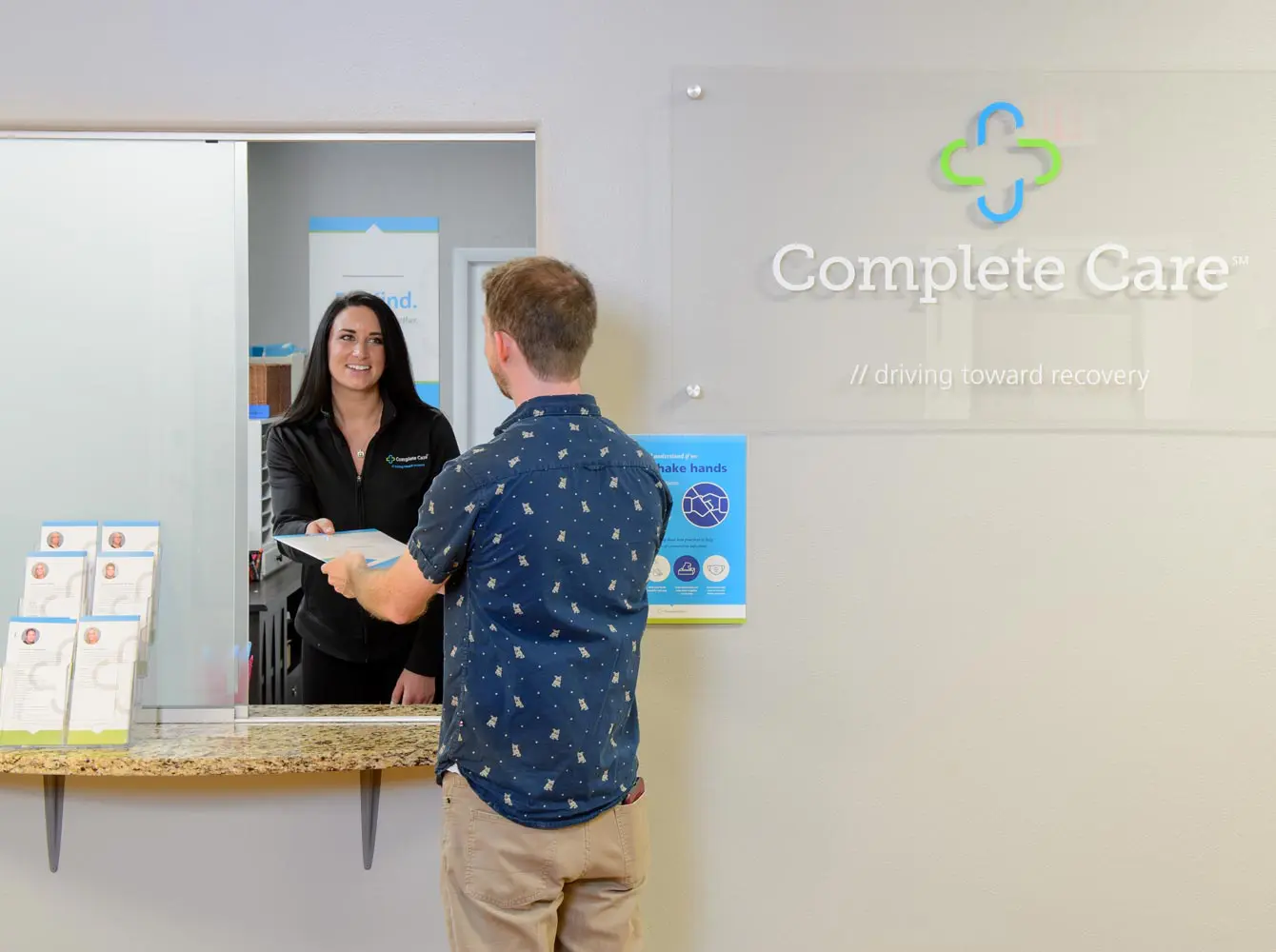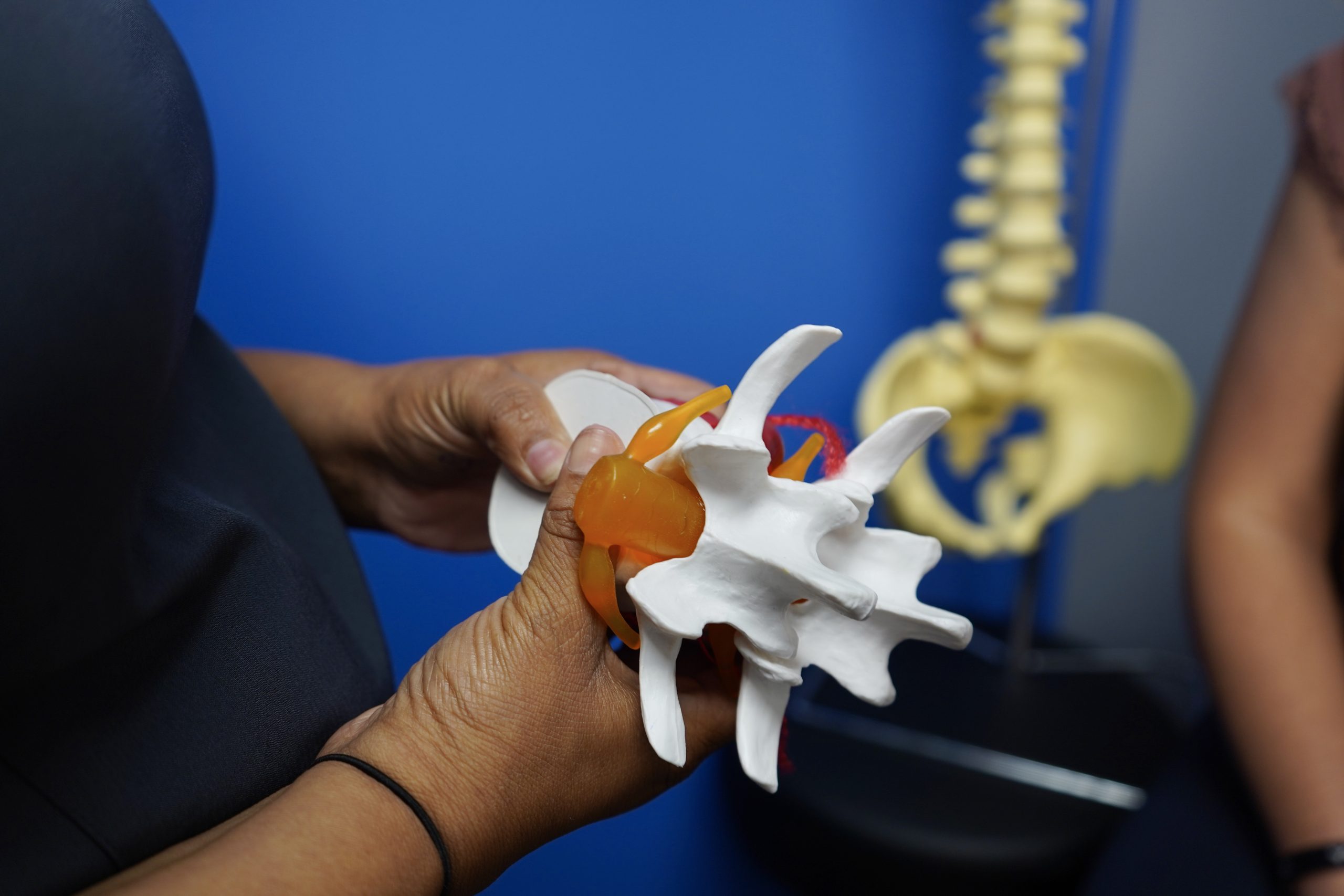Traumatic Brain Injury (TBI)
A TBI impacts your brain function, potentially causing you to feel confused. You may also have trouble concentrating if you’ve developed a brain injury from an accident.
 The board-certified chiropractic neurologists at Complete Care are here to help you heal if you’re experiencing neurological symptoms after a traumatic accident. We serve communities across Central Florida with a holistic approach, offering diagnostic imaging and neurology testing.
The board-certified chiropractic neurologists at Complete Care are here to help you heal if you’re experiencing neurological symptoms after a traumatic accident. We serve communities across Central Florida with a holistic approach, offering diagnostic imaging and neurology testing.
Don’t wait to have your neurological symptoms checked after an accident. We offer ride services, same day and walk in appointments so you can get the care you need.
Through our goal to provide individualized and comprehensive care, we offer services that address all aspects of your health and well-being. With neuro, rehabilitation, imaging and orthopedic professionals all working closely together in one health system, we offer the following services to help you recover:


If you’ve been in an auto or work-related accident and are experiencing neurological symptoms or pain, we at Complete Care can help with our comprehensive and compassionate services. For cutting-edge testing, surgical intervention and other treatment recommendations, we offer a complete spectrum of neurology care. Our team can help you regain your quality of life through testing and treatment.